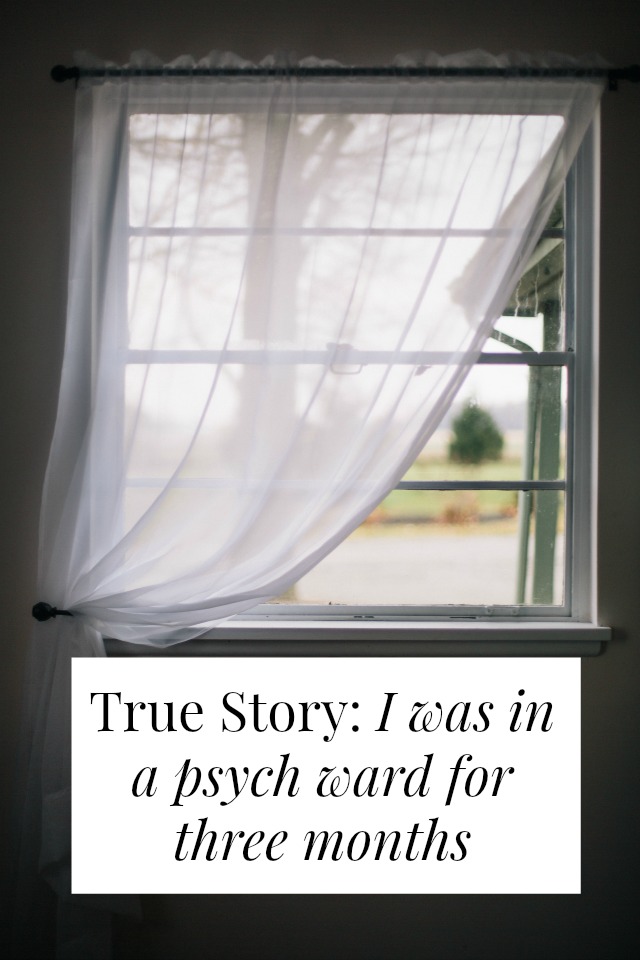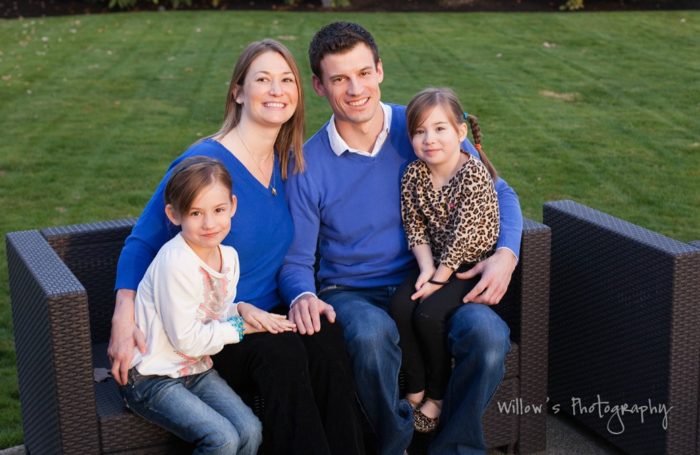Tell us a bit about yourself.
My name is Marthe and I’m a 25-year-old renaissance soul from Norway. I have a deep passion for writing and I write over at The Freedom Experiment where my primary aim is to inspire and help people make their dreams come true.I am also training to become a life coach, and on top of that, I currently study law in University. I’m a highly sensitive person (HSP) and I love traveling.
What are the biggest misconceptions about people with mental health issues?
That we are somehow different from other people. Truth is, we have ambitions, hopes, dreams, and goals, just like you. People with mental health issues have interests, personal preferences, and boundaries. I’d say the only difference between someone who doesn’t suffer from mental health issues, and someone who does, is that we have different or non-existing emotional coping skills.
I have Borderline Personality Disorder. Personally, the symptoms I struggle with the most are intensely fear of abandonment and rejection, chronic feeling of emptiness, impulsive behavior, self-harm and periodical depressions and suicidal ideation and behavior.When your emotions are intense and you don’t know how to handle them, you do whatever you can to cope. For me, this means self-injury and disordered eating, as well as creating a lot of drama to take the attention away from the pain.When did you begin to have these issues?
I got the official diagnosis one and a half year ago, but on some level I have always struggled with the same issues. I remember a deep fascination with suicide already at a very early age. I have always had intense emotional responses; I don’t get angry – I get furious. I don’t feel happy – I feel ecstatic. I can emotionally go from 0 to 100 in less than a second.
How have you tried to deal with these issues?
When my issues got worse in my late teens I didn’t know how to ask for help, so I didn’t. I have tried ignoring my issues, covering them up, turning my attention away. Nothing worked. Only one and a half year ago did my struggles get so serious I knew I either needed help to get better – or to give up. I chose to get help and I have been working with a psychologist since then.
I am also currently seeing a psychiatric nurse twice a week, as well as a nutritionist, physical therapist and I see my GP once a week to get my medication.
What lead to you being admitted to a psychiatric ward?
I have been hospitalized five times, all of them due to loss of control over self-harm and suicidal behavior. My life became a vicious circle where a crisis would leave me vulnerable, which would set off the next crisis. And the next. And the next.
I spent more time in than out of the hospital and it was all looking pretty grim. During my fifth hospitalization in January, the staff first brought up the question of a long-term stay. I was desperate, and to be honest, I was relieved to get a pause from my real life, so I decided to sign myself in for three months.
What is day-to-day life like in a psychiatric ward?
This depends a lot on what kind of unit you are staying in. In the emergency ward, you get up around 8 am, go for a walking tour with the rest of the patients and staff, have meetings with psychiatrists and doctors, watch tv and relax. Where I’ve been staying we also had the option of spending time in a creative workshop room with lots of paint, yarn, paper and other craft materials. My favorite place!
Mostly, the days go really slow (especially if you are not allowed to go outside.) I have passed the time by knitting, reading, and having deep conversation with staff and patients.
The long-time ward was pretty much the same, but there were more activities, group therapy and less one-on-one treatment meetings.
How long were you there? How did you (and your doctors) know you were ready to leave?
I have been in hospital everything from two nights to three months. In all cases, it has been very much up to me when to leave. Since I am usually a danger to myself when I arrive, I have not been allowed to leave the ward for the first week or so. I have also been on 24-hour watch a lot of times. After the initial crisis, it takes a while to regain strength, motivation, and confidence. They usually recognize that if they send me out too soon I will most likely be back sooner rather than later.
How did you feel when you re-entered ‘normal’ life?
Like a newborn. Every. Single. Time.
After spending a week or two in a very protected environment, going outside is overwhelming and scary. Luckily the hospital staff really understand this and they never let you out straight after being on 24-hour watch. Most of the you do it slowly, by gradually increasing alone time and free time outside.
Do you feel that your time in the psychiatric ward has ‘cured’ you of your issues? How do you feel now compared to how you felt when you were admitted?
The intention has never been to cure me, only therapy and hard work will help me deal with my issues. However, I have no doubt that my time in the psychiatric emergency ward has saved my life several times.
The long-term stay was meant to help me break a very destructive and vicious circle and establish some routines, habits and basic coping mechanisms. I feel a lot better now than I did before, so in that sense it has really helped me a lot.
What advice would you give to people who are struggling with really serious mental health issues? And what advice would you give to their friends and family?
Get help. If you find it hard to get professional help, talk to a friend, family member or try a mental health hotline (I have called lots of times and it helps!). You don’t have to struggle alone.
Even though it sounds like a cliche, it really does get better. Not immediately, and it won’t be easy. Gradually and slowly, with time, you will start to handle things differently. There is hope. It is possible.
For friends and family, I strongly support getting professional help too. My partner has found it very helpful to have someone to talk to about all the challenges I have put him through.
Also, be patient and do not judge. Have faith and never give up. Your love and understanding means everything to those who struggle. By accepting them unconditionally, by being there, by showing your love and support – you are saving lives. On behalf of all of us who struggle, thank you so much.
Thanks so much for sharing, Marthe. Do you guys have any questions? Have any of you ever been hospitalized for mental health issues?













Thank you for posting your story. I too suffer from mental illness and know how difficult it is for me to face it head on when the struggle becomes unbearable. I commend your courage and willingness to fight.
I just love Marthe! And I love how brave she is sharing her story here. Very inspiring and I'm sure it'll help a lot of people.
This is a great post, thank you so much for sharing.
I think that this post would be a good place to list emergency and support hotlines, especially since the interview mentions suicidal tendencies.
I personally am quite impressed by this website for those who prefer typing to talking, although I don't have the experience to say how good it is: https://www.imalive.org/
I absolutely love Marthe – I have been following her blog for some time and I find her very inspiring. I have struggled with some mental health issues myself and her willingness to be open and the beautiful posts she has written have helped me in my own struggles.
I really appreciate this personal interview on what living life is like with various mental health issues and what it is like to be hospitalized. Thank you for speaking out Marthe and sharing your experiences, and Sarah Von for asking some really enlightening questions.
All the best <3
Quick but important (and totally well-intentioned!) edit: a viscous circle conjures up a very different image than a vicious one. It gave me a chuckle at a point it should not have.
Thank you for sharing. My sister's diagnosed with Borderline Personality Disorder, and my husband's mum is currently in a pscyh ward, so reading your story has come at a good time.
I'm not always as sensitive to my sister as I should be, so this has helped a lot. Thank you, and all the best with your journey xx
Alisa, feel free to e-mail me if you have any questions or if I can help in any possible way!
xoxo
Marthe
Thank you for writing this. I've also had (three) hospitalisations for depression/BPD, and it's good to know I'm not the only one. Being in psychiatric care is very difficult, especially when you're not allowed out. Although I kind of hated being there, I do believe it saved my life. xx
I feel the same way! It's hard to have to face your demons with no possibility of escape! Hope you feel better now, you are not alone.
xxx
Marthe
I've had depression for over three years now and been to the hospital – so know exactly how it feels :/